LazyErik
Dryer sheet aficionado
- Joined
- Jun 21, 2013
- Messages
- 49
I looked at the study. I was so hoping that they were going to recommend a pound of bacon a day. Oh, woe is me.
Although fat consumption as a percentage has dropped since the 60s, the total amount of fat consumed has stayed pretty stable. People have mostly added carbohydrates. I don't think that macronutrient breakdown is nearly as important as portion control for weight loss although some people may find they feel less hungry on higher fiber or higher fat content.
The last part makes a huge difference for many. When I ate lots of carbs I was always hungry and reaching for more snacks. Higher levels of fat and protein (with fairly low carbs) leaves me far less hungry. The key outcome is that I never have to consciously portion control. I eat as much as I feel like eating and stay at a very low, very stable weight. Consciously focusing on portion control would be an endless and hopeless task for me and, I gather from the pathetic results, for most people.Although fat consumption as a percentage has dropped since the 60s, the total amount of fat consumed has stayed pretty stable. People have mostly added carbohydrates. I don't think that macronutrient breakdown is nearly as important as portion control for weight loss although some people may find they feel less hungry on higher fiber or higher fat content.
+1
I am having a similar experience. Another 5 pounds to lose max, and I will be done with weight loss and should be able to eat a few high carb things a week without having to worry. That's in addition to ample servings of non-starchy veggies every day.
+1 I am about the same. When on the road I do occasionally stop for a convenient McD's burger. I get a double meat cheeseburger and tear off about half the bun. That gets rid of teh worst of it although I am sure there are some bad oils in there.I don't worry about fat ... I pay very close attention to carbs. I've been at a steady 162 pounds for 5 years after hitting a high of 218. Nowhere close to Atkins low carb approach but I try to limit my intake of carbs at any one time to 30 to 35. Main thing I eliminated were the "stupid carbs" .... McDonalds, huge bowls of ice cream and the like. No way I could have gotten these results without becoming, and staying, physically active.
In my opinion any talk about the unhealthiness of a McDonalds hamburger starts with the white bread bun.
And yet.....I work just fine on Carbo's and have no trouble losing weight eating as much bread etc as I want as long as I stay away from the extra junk food + beer (way too much of both). I don't eat because I am hungry....I eat because I like to eat.
+1 I am about the same. When on the road I do occasionally stop for a convenient McD's burger. I get a double meat cheeseburger and tear off about half the bun. That gets rid of teh worst of it although I am sure there are some bad oils in there.
Many places have bun-less options these days.
I'm partial to Three Guys and Wendy's bunless burgers. They come in a nice tray and are easy to eat with a knife and fork.
+2
I started a low carb diet by eliminating bread, pasta, potatoes, rice, pizza, cereal and all fried foods from my diet back in October when I was diagnosed with diabetes. I also reduced my beer intake and occasionally substituted it with a glass of wine at dinner.
This diet along with an increase in exercise regimen of daily 45 minutes to an hour walk/treadmill and two hours of tennis twice a week helped me lose 22 lbs and I'm now 5 lbs away from my ideal weight. My blood glucose level dropped to non diabetic level and I feel great and never hungry.
I did that 10 years ago. Had high fasting blood glucose and
really bad chol. and my triglycerides were over 500. Bought
a glucose meter and eliminated anything that made my blood
sugar go up. Lost 30 lbs and have been normal since.
The dr. back then wanted to start me on the drug program
but I decided to see what I could do first.
My new dr says "What ever you are doing, keep doing it"
What interests me is that since we were so much thinner and diabetes was hardly an epidemic in the 60's,
why not simply go back to the way we were eating at that time?
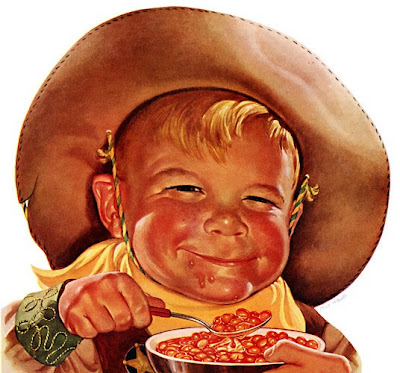
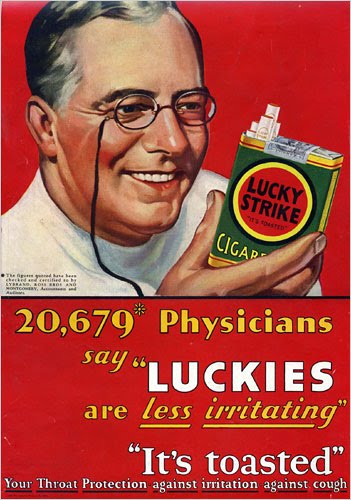

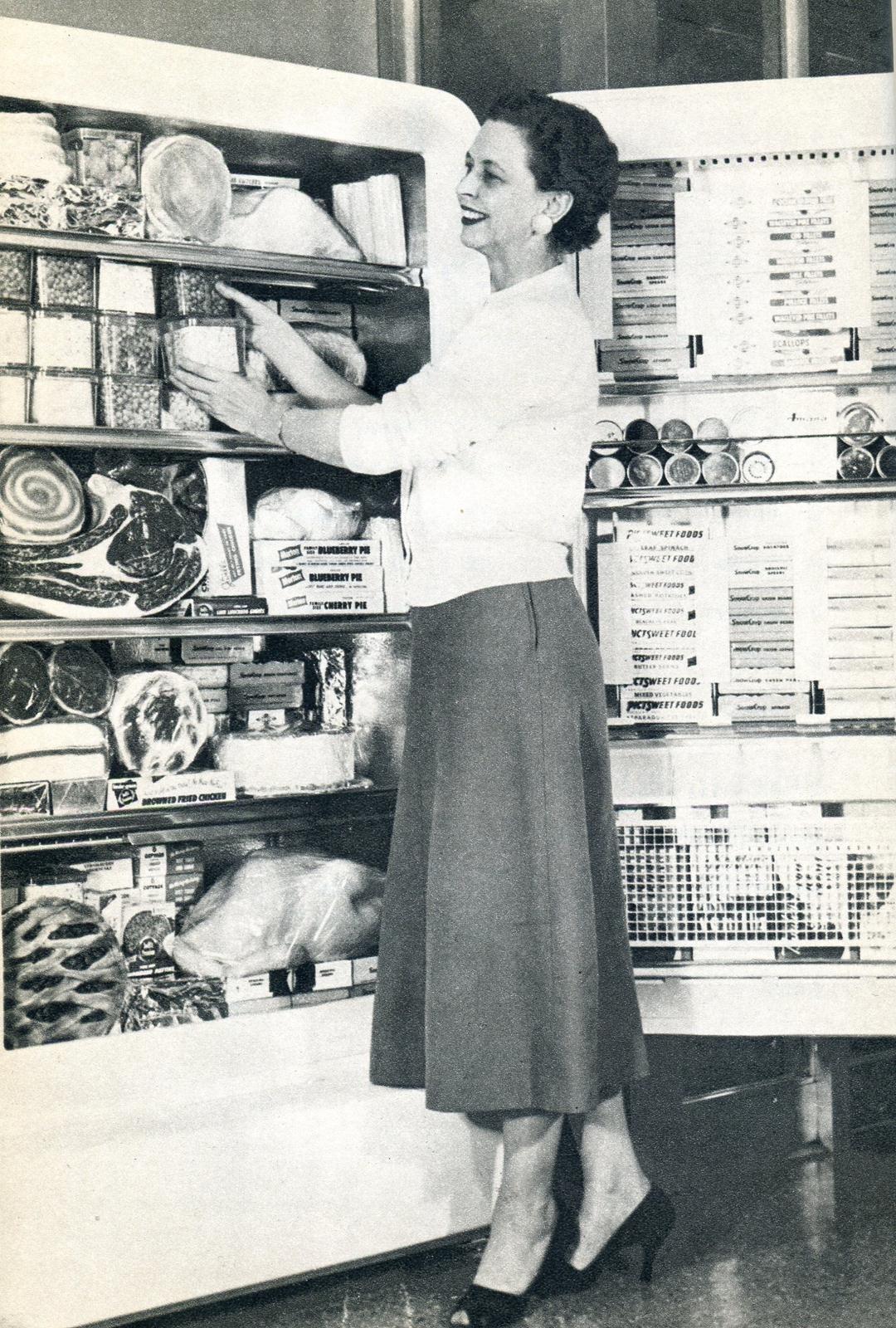

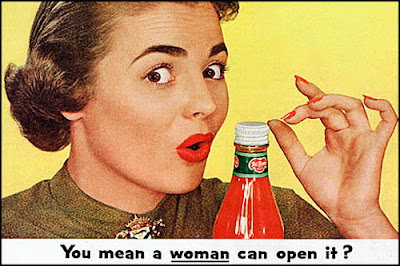
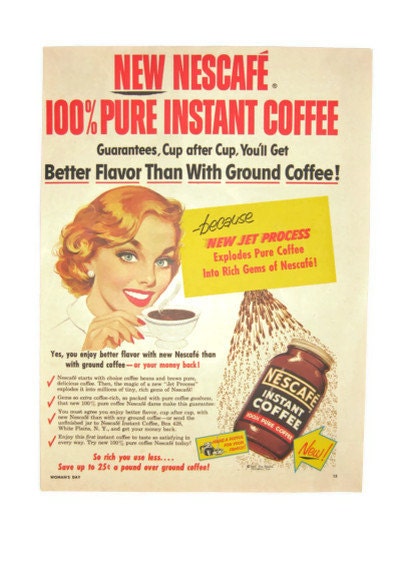

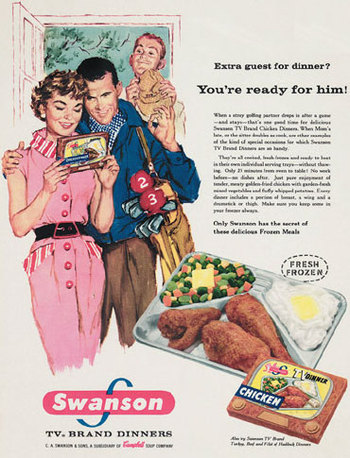
When I ate lots of carbs I was always hungry and reaching for more snacks. Higher levels of fat and protein (with fairly low carbs) leaves me far less hungry. The key outcome is that I never have to consciously portion control. I eat as much as I feel like eating and stay at a very low, very stable weight. Consciously focusing on portion control would be an endless and hopeless task for me and, I gather from the pathetic results, for most people.
Crash dieting is doomed to failure, because the body adapts to this radical reduction in energy input by going into starvation mode. Better to reduce calories by 10-20% max.
What do you ask the cashier for? And do you mean 5 Guys?Many places have bun-less options these days.
I'm partial to Three Guys and Wendy's bunless burgers. They come in a nice tray and are easy to eat with a knife and fork.
